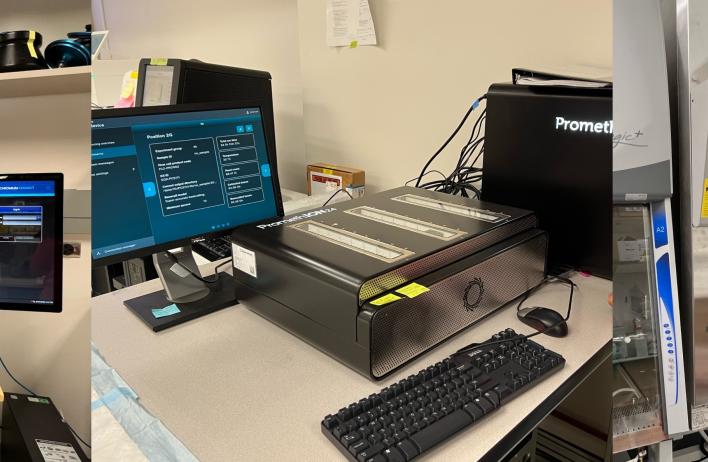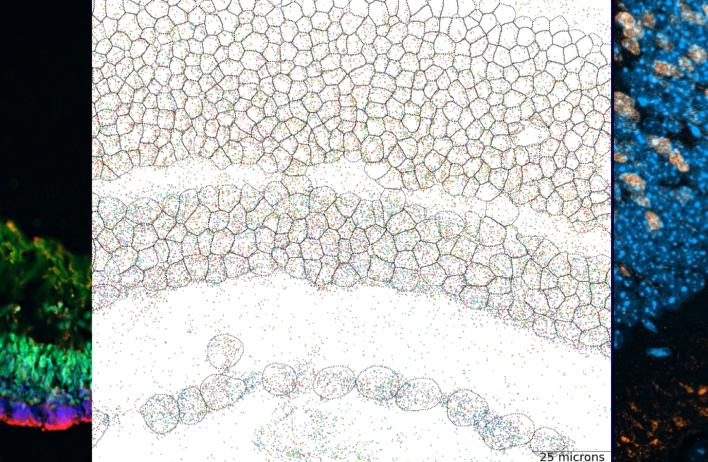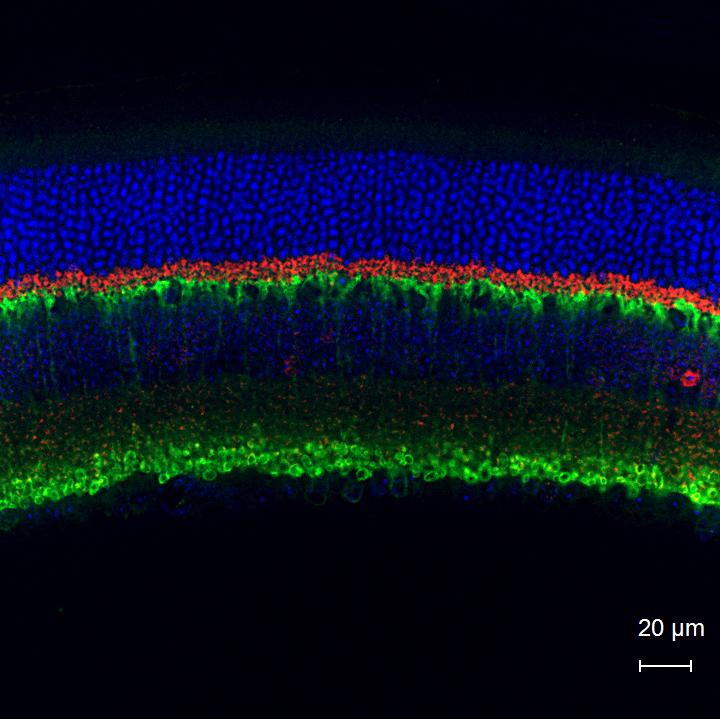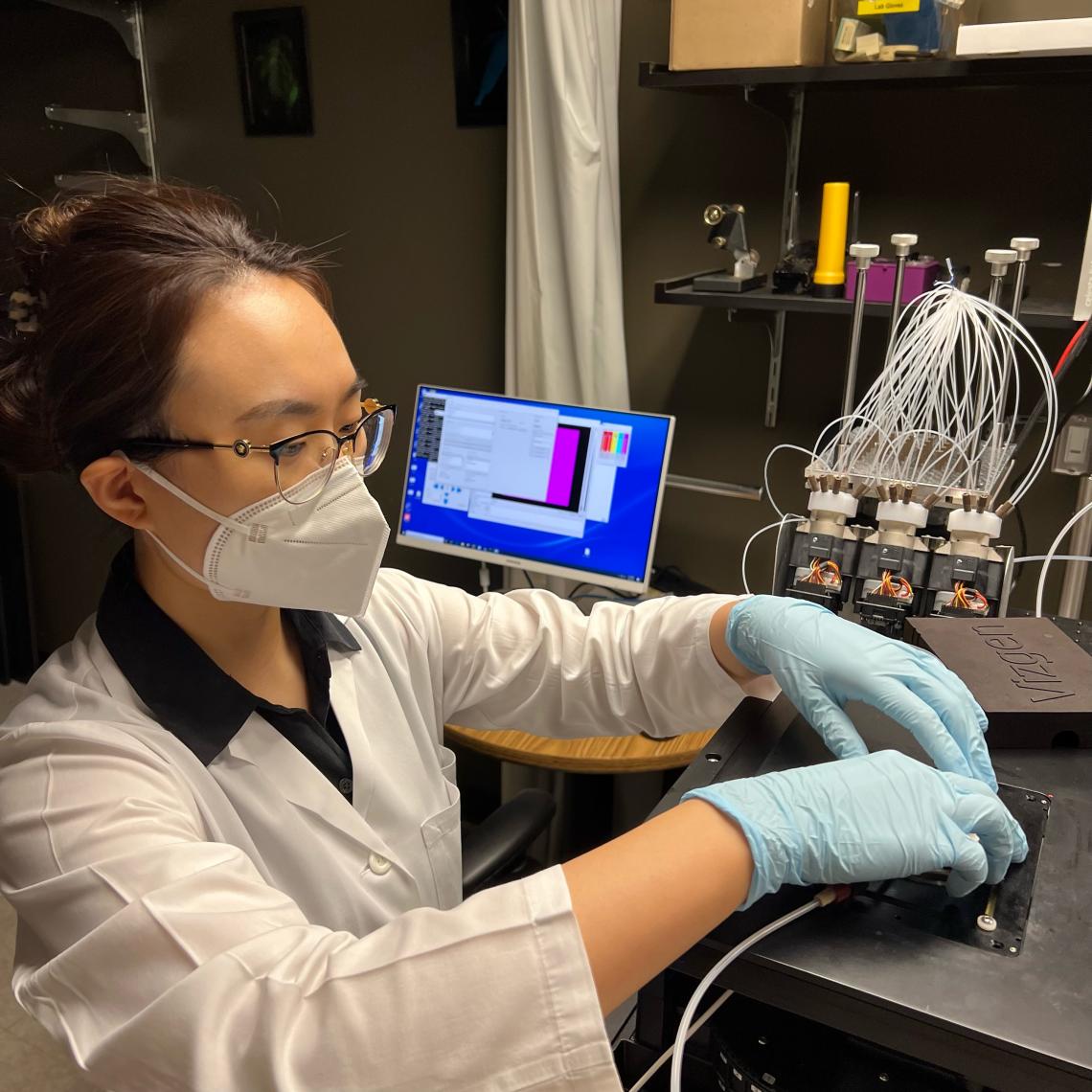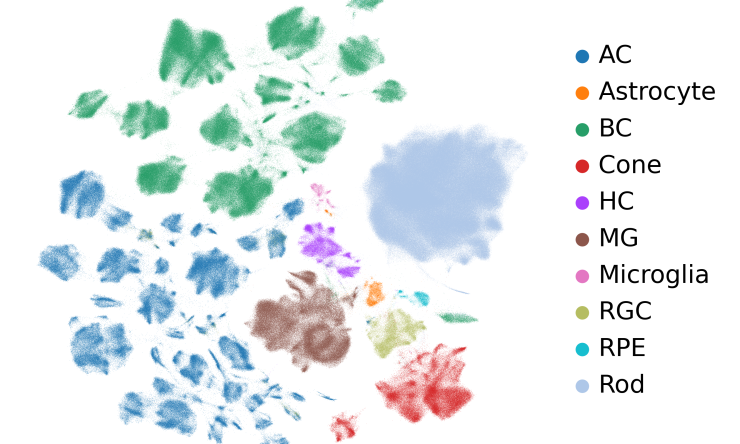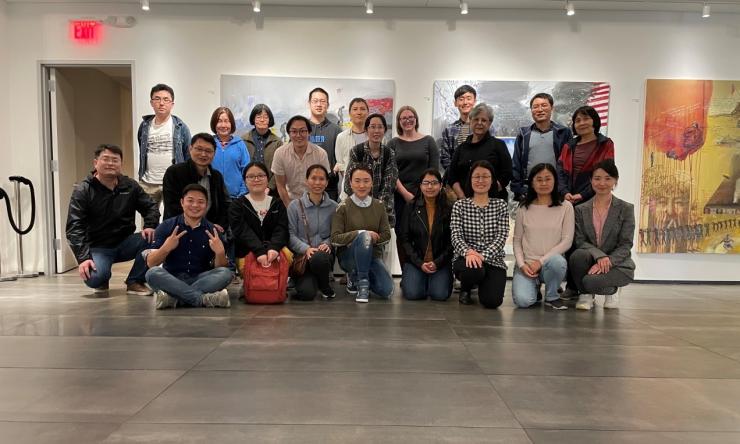Decoding Our Own Genome: Our genomes carry the story of evolution, written in DNA, the language of molecular genetics, and the narrative is unmistakable.
About the Lab
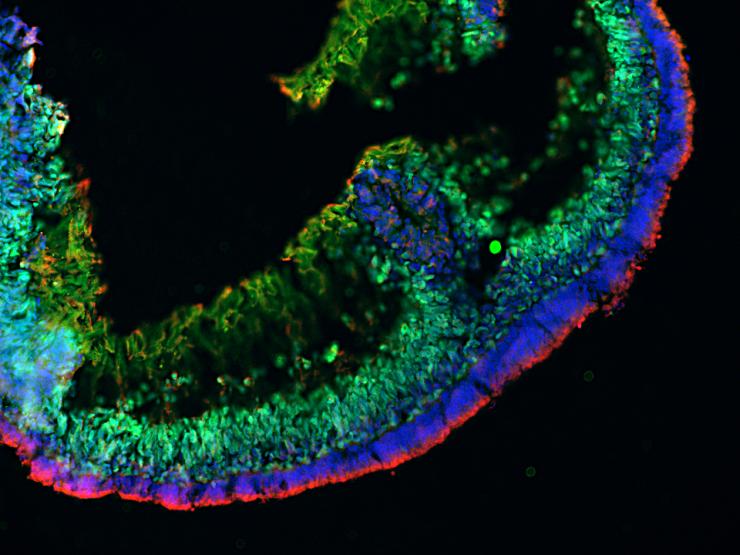
With over 30 million variants in the human genome, which ones are important? Through the lens of human variation and diseases, we focus on advancing our ability to identify, assess, and predict variants with functional consequences using an interdisciplinary approach.
Our laboratory uses innovative genetics and genomics, single cell omics, computational, and imaging tools to understand the connection between genetic variants and human diseases, using the visual system as the model. Our research is in the following areas:
- Identify genes and mutations underlying human diseases.
- Systematically predict and assess the function consequence of genetic variants across the genome.
- Investigating the changes in transcriptome and epigenome during development and under disease condition at single-cell resolution.
- Developing novel therapeutics, including gene therapy, genome editing, and neural regeneration, for treating the diseases.
Genetics of Disease
Our research involves the characterizing the genetic factors underlying the neural degenerative diseases in the human visual system.
Single Cell Omics
We are leading the effort of the constructing the cell atlas of the visual system as part of the Human Cell Atlas project.
Therapeutics
Our lab is applying what has been learned from the genetics to develop novel therapeutics treating human retinal degenerative diseases.
Publications
By using patient data, mice model, and retinal organoids, our research aims to identify, assess, and predict genetic variations which can lead to Mendelian and complex visual disorders.
Resources & Tools
We believe that anyone around the world should be able to use and extend our work. We push to make software, tools, datasets, etc. that are freely available.
Our Team
We are a team of enthusiastic researchers and we strive to build an inclusive environment for research, and recognize the value of diversity in the process of discovery.


